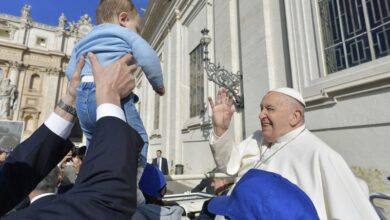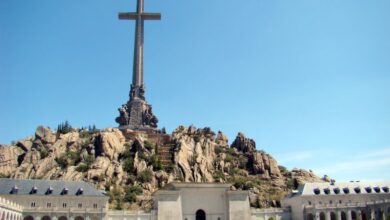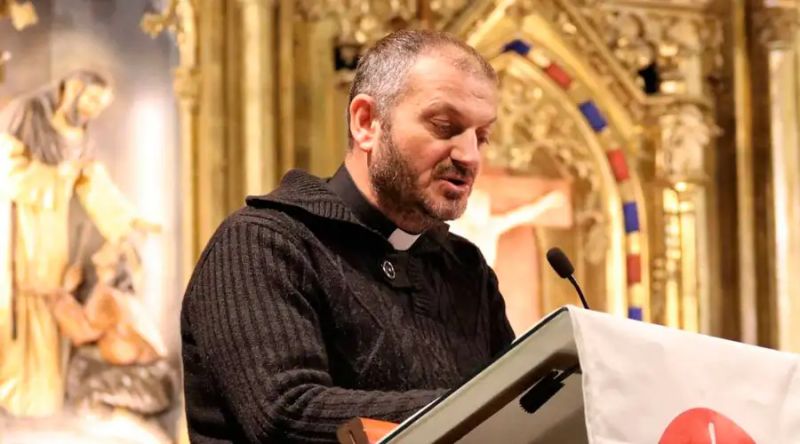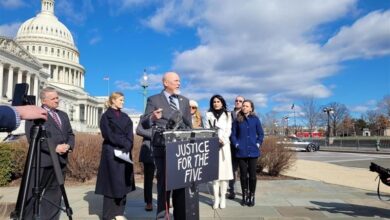Cardinal Parolin: Europe must rediscover itself to face major challenges

 Cardinal Pietro Parolin speaks to EWTN News in Oslo, Norway, on Jan. 17, 2025. / Credit: Fabio Gonella/EWTN News
Cardinal Pietro Parolin speaks to EWTN News in Oslo, Norway, on Jan. 17, 2025. / Credit: Fabio Gonella/EWTN News Vatican City, Feb 18, 2025 / 16:45 pm (CNA).
Cardinal Pietro Parolin, the Vatican secretary of state, said that Europe must “rediscover itself” in order to be able to face the “major challenges” of culture, commerce, and migration.
In a Feb. 15 interview with the daily Eco di Bergamo, the Vatican official recalled the “warning of St. John Paul II,” which Pope Francis has also taken up: “Europe, rediscover yourself, be yourself.”
The cardinal stressed that the Old Continent is suffering from a “crisis of ideas” that prevents it from facing the future: “Europe currently has good antibodies to hold up under crises and challenges. But the most serious problem is the lack of ideas for the future that allow it to respond with determination to international competitors,” he said.
Parolin specified that this weakness is due to the relationship that Europe has with its own history, the result of “a deep, and partly justified, fear of its past.” However, he emphasized that along with the dark episodes of its history, “there are many bright moments.”
In this regard, he referred to the debates on the European Constitution, in which an explicit reference to the continent’s Judeo-Christian roots was avoided, advocating for a generic mention of its “cultural, humanist, and religious heritage.”
According to the cardinal, this weakened the continent’s awareness and the sense of European identity: “Instead of building Europe on its deep foundations and roots, a changing consensus of values has been preferred. But the future can only be built on the past,” he pointed out.
Although Parolin said there were reasons to be concerned, especially in the face of “practical atheism, populism, and religious illiteracy,” he praised other “encouraging phenomena” such as the increase in requests for baptism by young French people. In light of this, he urged Catholics to ask themselves whether, with their witness, faith, hope, and charity, the Gospel continues to be “challenging.”
In his interview with the Italian newspaper, the Vatican secretary of state also reflected on the ceasefire in Gaza, hoping that it would be “permanent and put an end to the suffering of the Palestinian people,” both in the Gaza Strip and “in the rest of Palestine.”
“Now we have to give signs of hope to both: to the Israelis and the Palestinians,” he noted.
Regarding the situation in Syria, he emphasized that “it is necessary to understand where we are going” and to accompany “on the path of inclusion and harmonious coexistence.”
Regarding the war in Ukraine, three years old on Feb. 24, Parolin argued that “solutions should never be sought through unilateral impositions,” since it would mean “trampling on the rights of entire peoples” and thus “there will never be a just and lasting peace.”
This story was first published by ACI Prensa, CNA’s Spanish-language news partner. It has been translated and adapted by CNA.





